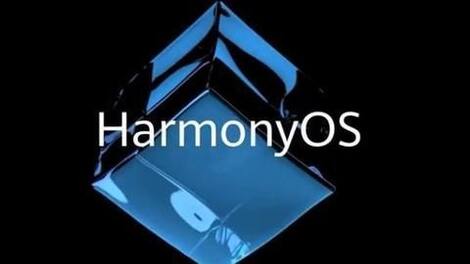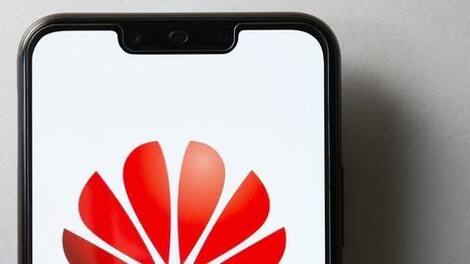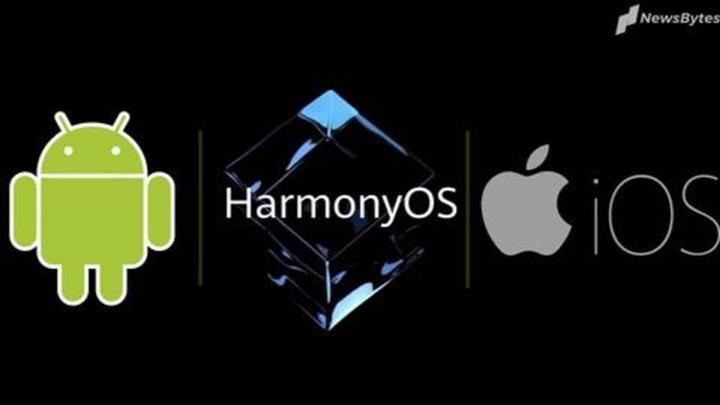
HarmonyOS v/s Android v/s iOS: What are the differences?
(MENAFN- NewsBytes) When US' trade ban restricted big technology companies, including Google, to conduct business with Huawei, we all got worried about the future ofAndroidon Huawei/Honor smartphones.
However, within a matter of months, the Chinese giant came up with its own solution to survive in a world without Android - a distributed operating system calledHarmonyOS .
Let's see how it differs from Android, iOS.
Difference #1
HarmonyOS is based on microkernel, unlike Android and iOS

The first thing to note about HarmonyOS is its core architecture; the distributed OS is based on an entirely new microkernel.
It is smaller and lighter than Android's Linux-based monolithic kernel and only includes the bare minimum amount of code to run seamlessly.
Apple's iOS is also based on a heavier BSD/Mach-based hybrid kernel - a mix of both monolithic and microkernel designs.
Difference #2
Architecture accounts for performance, efficiency differences
The architecture of HarmonyOS not only makes the platform light but also boosts its performance and efficiency, matching, perhaps even beating, the likes of Android/iOS.
This, the company says, can largely be attributed to its "Deterministic Latency Engine," which allocates system resources more efficiently using real-time analysis/forecasting.
Android, on the contrary, still uses the outdated fair scheduling mechanism, treating all resources the same way.
Love Tech news?
Stay updated with the latest happenings.
Yes, notify me
Difference #3
Plus, it would work on multiple devices
The element of fragmentation makes another big difference between HarmonyOS and Android/iOS.
Currently, Apple and Google release a different operating system for a different type of device, like WatchOS, Wear OS for smartwatches and ChromeOS, MacOS for PCs.
HarmonyOS will enable a unified experience across multiple devices, including smartphones, smart displays (tablets), wearables, smart speakers, in-car devices.
Difference #4
Also, things will be easier for developers
Owing to the problem of OS fragmentation, app developers are required to develop programs for different platforms from time to time.
However, with HarmonyOS, they would have the option to create an app once and use it across multiple devices, be it a phone or tablet, seamlessly.
Also, as Trak reports, developers would have the option to create an app on the platform directly.
Launch
When HarmonyOS will come on phones?

Huawei says it is targeting HarmonyOS on IoT devices and will continue working with Google to offer Android on phones.
However, it emphasizes that the platform can also be deployed on smartphones in case things go south and they get kicked out of Android's ecosystem.
If this happens, we will actually get a chance to see how HarmonyOS takes on Android and iOS.

Legal Disclaimer:
MENAFN provides the
information “as is” without warranty of any kind. We do not accept
any responsibility or liability for the accuracy, content, images,
videos, licenses, completeness, legality, or reliability of the information
contained in this article. If you have any complaints or copyright
issues related to this article, kindly contact the provider above.


















Comments
No comment